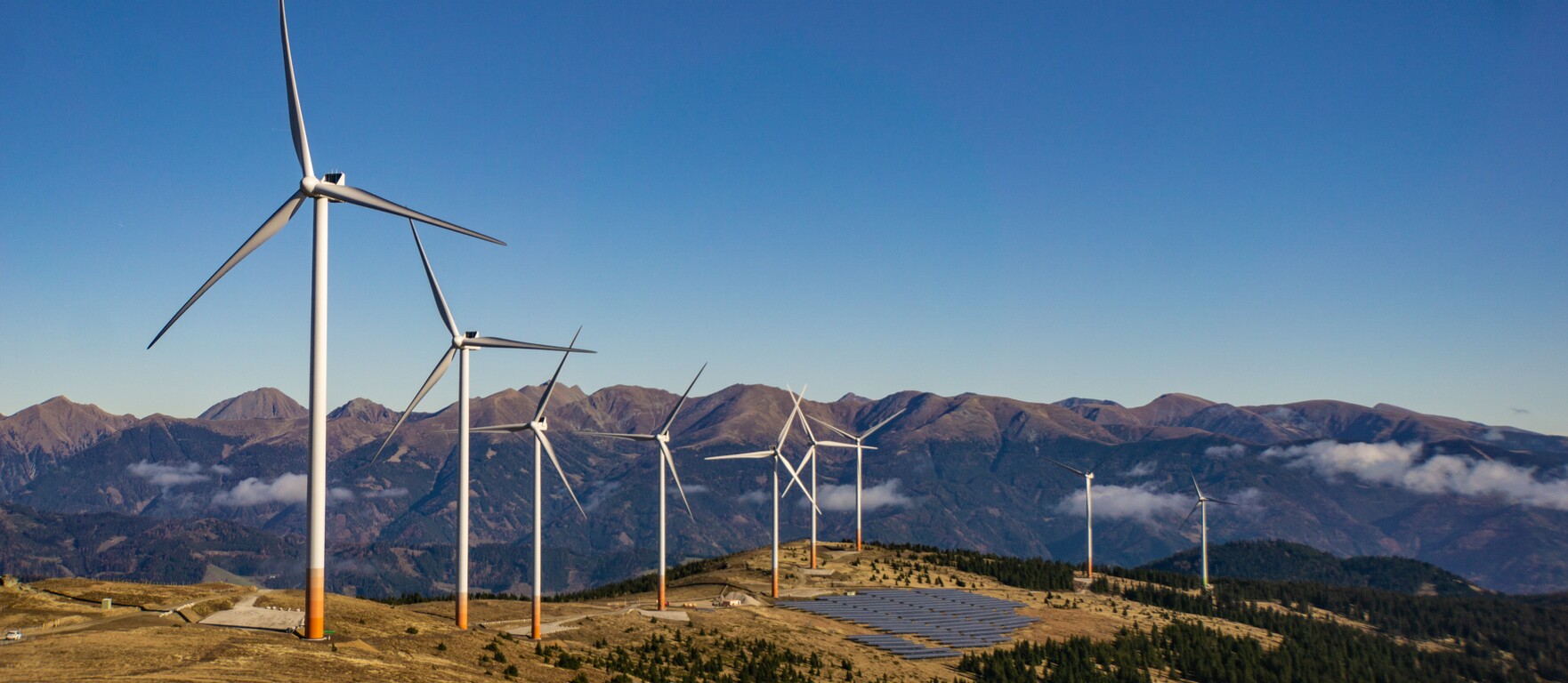
Which EU countries have the most to do to decarbonise their energy system?
19. 01. 2023 – Lomond
The IEA’s World Energy Outlook 2022, published in October, emphasised that the war in Ukraine had “turned a rapid economic recovery from the pandemic – which strained all manner of global supply chains, including energy – into full-blown energy turmoil.” Within the European Union at least, the direction of travel since the invasion has been clear, with the European Commission’s REPowerEU Plan setting a course towards independence from Russian energy imports and doubling-down on the Green Deal agenda to accelerate the transition to climate neutrality – including by bringing total renewable energy capacity to 1,236 GW by 2030 (in comparison to the 1,067 GW envisaged under ‘Fit for 55’).
Given this context, it’s instructive to take a look at which member states start 2023 with the most still to do in terms of decarbonising their energy systems. To assess that, it makes sense to look first at the countries where the energy sector (defined by Eurostat, the statistical office of the EU, as “electricity, gas, steam and air conditioning supply”) currently contributes the largest share of CO2 emissions:

You can cross-reference that with the member states were per capita emissions from the energy sector are highest. You would expect that to match the chart above very closely – which it does, but it isn’t identical:

So based on those two charts, there are five EU member states where the energy sector is responsible for at least 40% of CO2 emissions and where per capita CO2 emissions from the energy sector exceed three tonnes per year: Bulgaria, Cyprus, the Czech Republic, Estonia and Poland.
However, to get a more rounded picture, it’s also important to consider which of these countries has made the most progress to decarbonise the energy sector over recent years:

In Estonia’s case, this success is primarily a story about renewable energy, the share of which rose from 25.5% in 2011 to 37.6% in 2021, the fourth highest share anywhere in the EU (behind only Sweden (62.6% in 2021), Finland (43.1%) and Latvia (42.1%)).
Given that positive performance, and returning to the core question we are trying to answer, it feels very unfair to include Estonia on the list of EU countries that have the most to do to decarbonise their energy system. It also feels slightly harsh to include Bulgaria given that it has reduced CO2 emissions from the energy sector at a faster-than-EU-average rate over the last decade.
So that leaves three countries – the Czech Republic, Cyprus and Poland – where the share of renewables in the energy mix remains low, and where there is still the most to do to decarbonise the energy system.